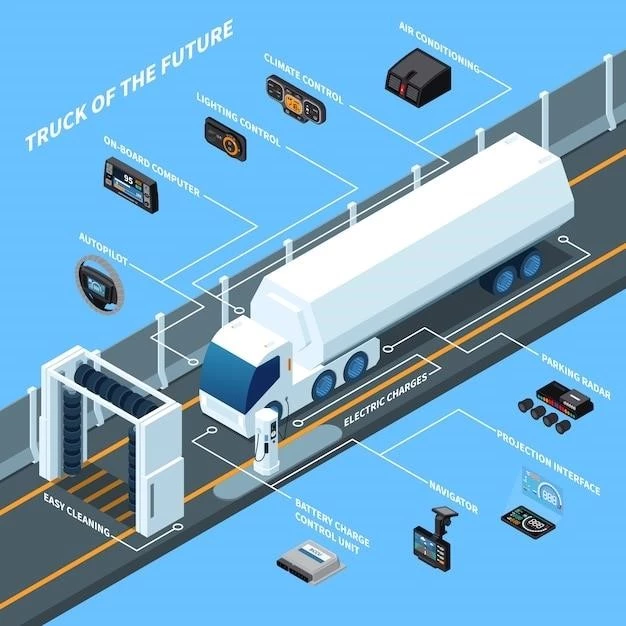The logistics industry is on the cusp of a revolution, driven by the rapid development and deployment of autonomous vehicles. As a logistics professional who has witnessed firsthand the transformative potential of this technology, I am excited to share my insights and experiences.

The Promise of Efficiency and Productivity
Autonomous vehicles offer a compelling solution to many challenges faced by the logistics industry. Imagine a fleet of driverless trucks navigating complex routes with pinpoint accuracy, delivering goods 24/7 without the need for rest breaks. This is the reality that autonomous vehicles promise.
I recently had the opportunity to observe a pilot program involving self-driving trucks transporting goods across a major highway. The precision and efficiency with which these vehicles navigated traffic and maintained optimal speeds were truly remarkable. The real-time data collected by these vehicles, including fuel consumption, route optimization, and potential hazards, provides invaluable insights for improving operational efficiency.
Safety and Security
Safety is paramount in the logistics industry, and autonomous vehicles have the potential to significantly enhance it. Human error is a major factor in accidents, and by removing drivers from the equation, self-driving vehicles can potentially reduce the number of accidents drastically.
I was particularly impressed by the advanced sensor systems and artificial intelligence capabilities of these vehicles. They are able to detect obstacles, anticipate potential hazards, and make split-second decisions with remarkable accuracy. This level of situational awareness and response time far surpasses human capabilities.

Cost Savings and Sustainability
The economic benefits of autonomous vehicles are undeniable. Reduced labor costs, increased efficiency, and optimized routes translate into significant cost savings for logistics companies.
Beyond financial considerations, autonomous vehicles also contribute to sustainability. By optimizing fuel consumption and reducing emissions, they help create a greener and more environmentally friendly logistics industry.
Challenges and Considerations
While the potential benefits of autonomous vehicles are immense, there are also challenges that need to be addressed.
One major concern is the legal and regulatory framework surrounding autonomous vehicles. Clear guidelines and regulations are needed to ensure safe and responsible operation. The issue of liability in case of accidents also needs to be addressed.
Public perception and acceptance are also crucial. There is a need to educate the public about the safety and benefits of this technology, addressing concerns and building trust.
The Future of Logistics
The adoption of autonomous vehicles is inevitable, and it will usher in a new era for the logistics industry.
As a logistics professional, I am excited to see how this technology will continue to evolve and reshape our industry. The future of logistics is autonomous, and it holds the promise of greater efficiency, safety, sustainability, and innovation.










